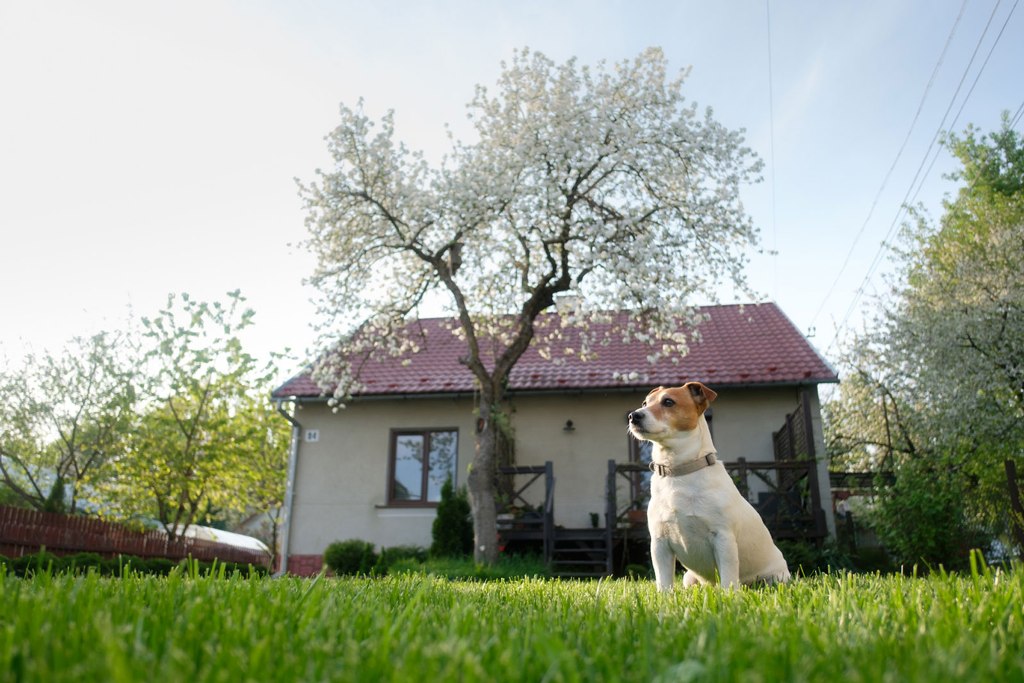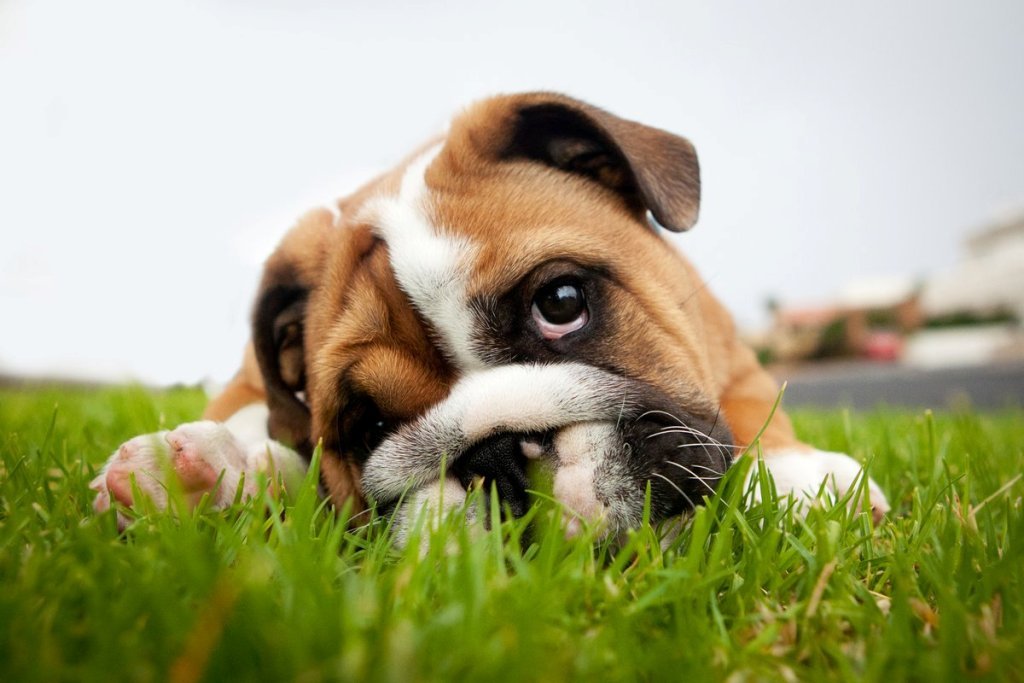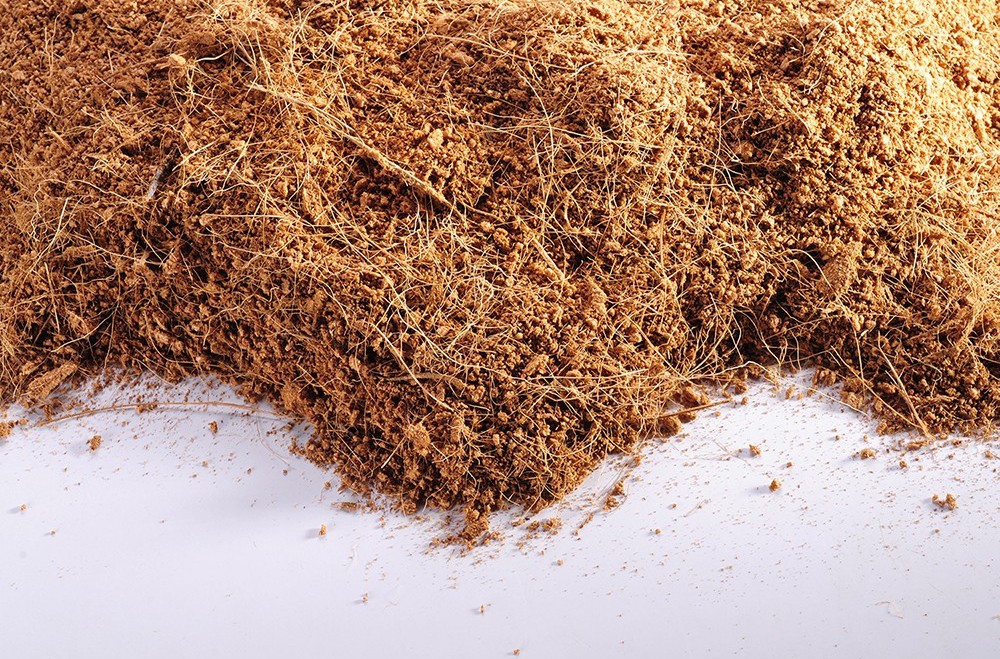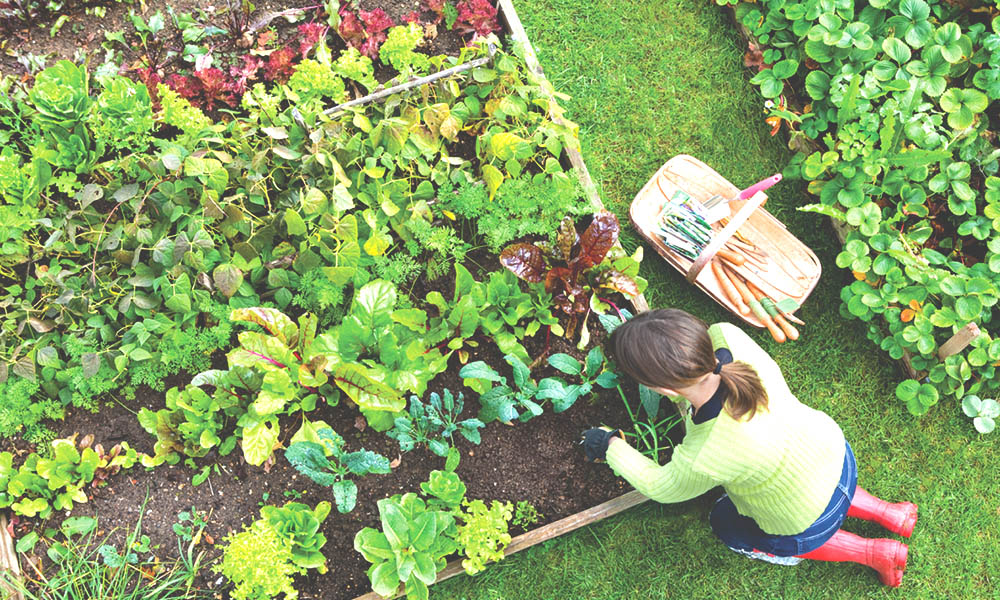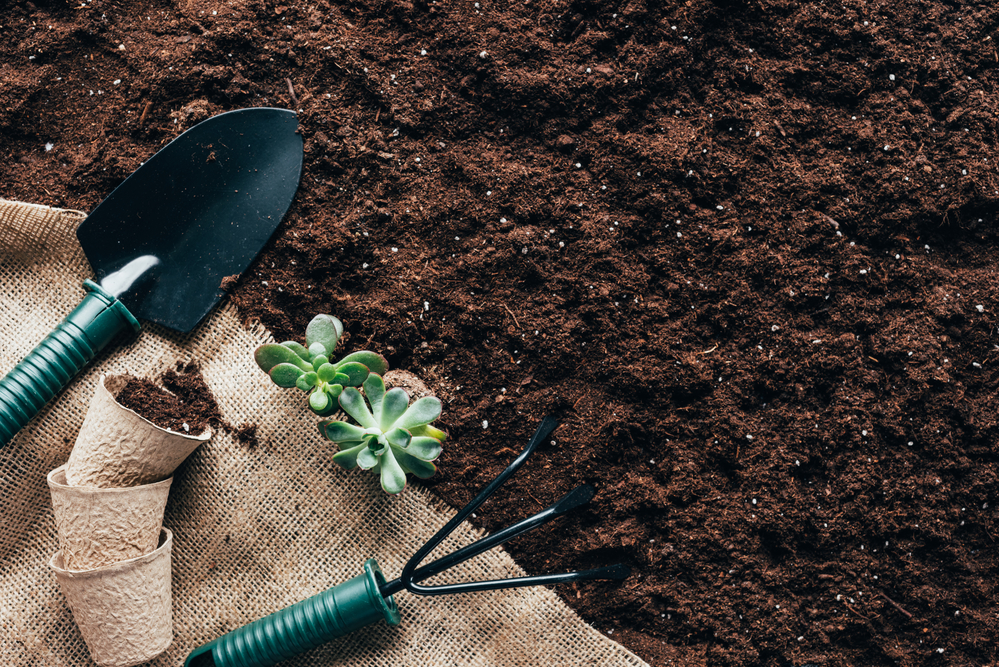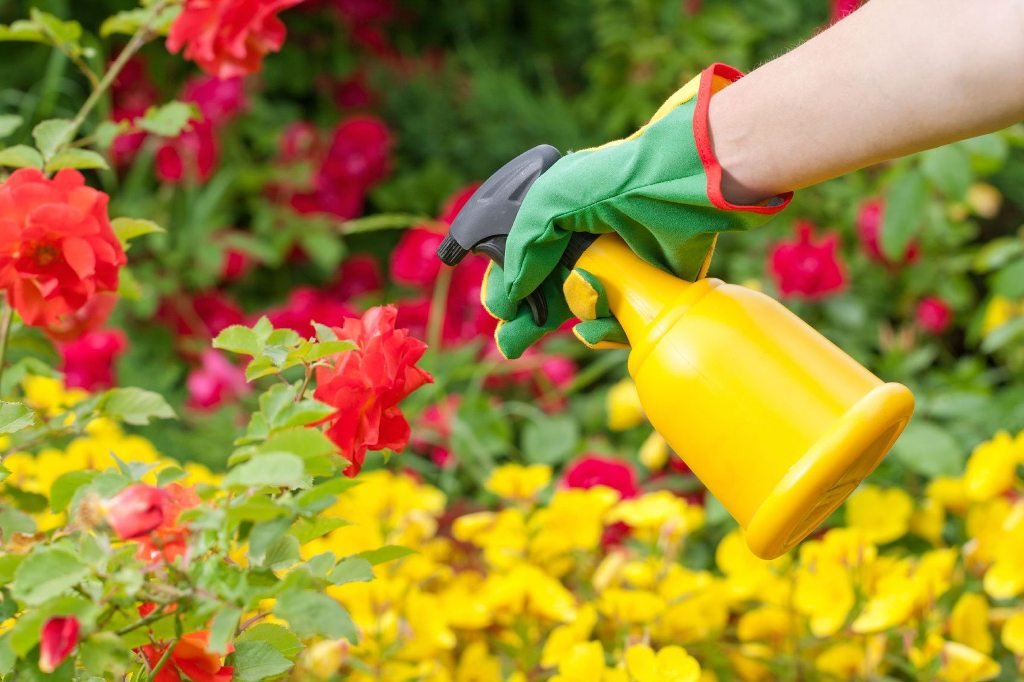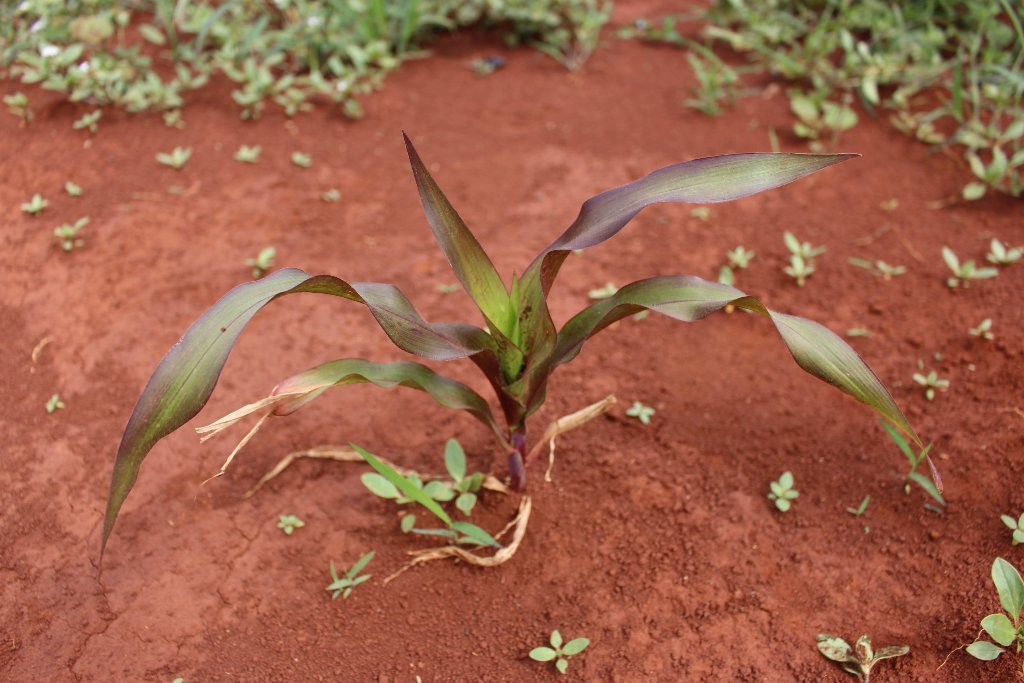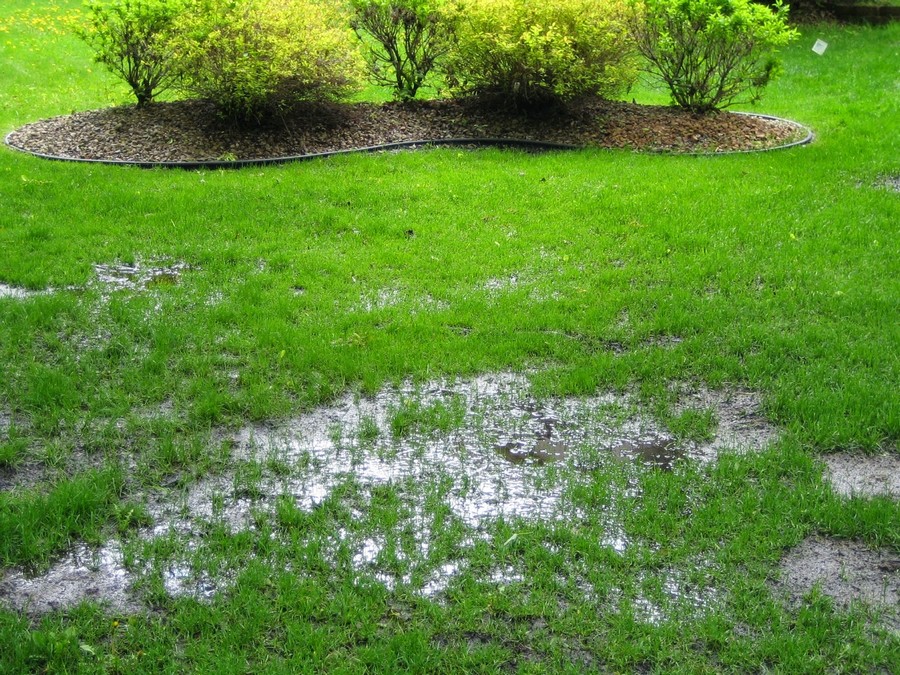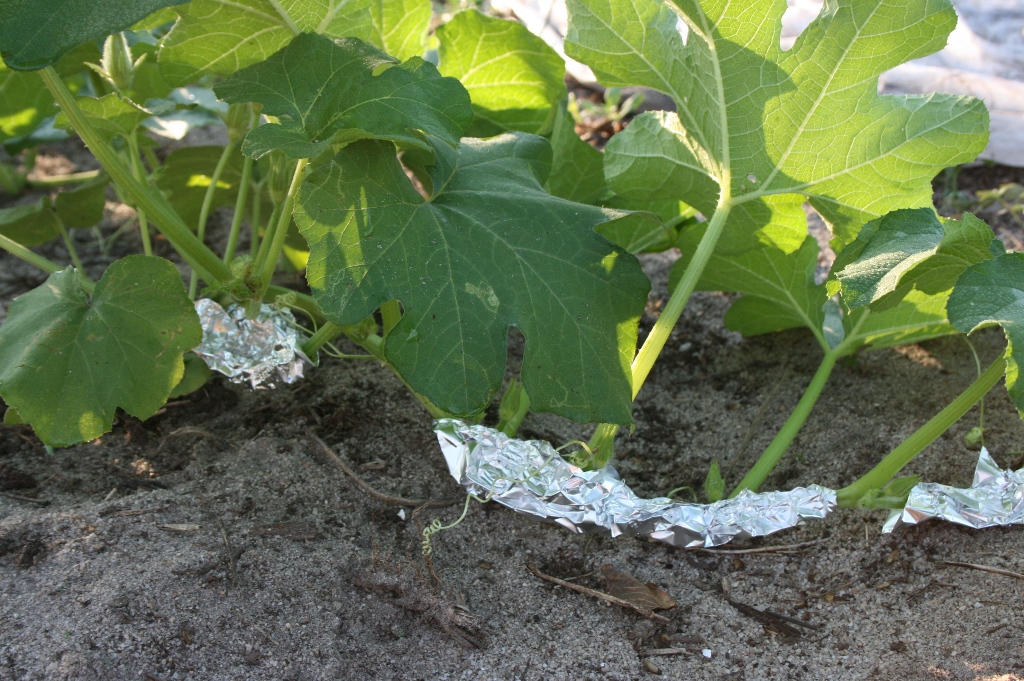Yes, your dog or cat may have parasites such as worms. Sometimes there are obvious symptoms like diarrhea and sometimes not. Unfortunately, parasites can become even more problematic if they can reproduce in the yard after some of them are excluded from the cat’s litter. Your plants are infected. Therefore, regular cleaning is mandatory and sometimes takes a little longer to kill a possible infection.
“Manure” for dogs or cats is dangerous for the gardener. Although soil chemistry does not cause much damage, cats or dogs can contaminate the soil with diseases if your garden becomes a cat bath. So don’t leave him in your garden.
Dog Manure Chemistry
Pet waste is not much different from cattle waste. It contains nitrogen, phosphate, and potassium, which are the main components of organic fertilizers. However, it does not have the exact same composition as manure. According to the University of Minnesota Extension, cat and dog food contain twice much nitrogen, both phosphate and about half as much potassium as manure. However, the health risks to cats or dogs outweigh their benefits. Leaving the garden is not safe, even if your cat or dog is completely healthy.
Health Threats
Never forget to wear gloves when working in the garden. If your cat or dog chooses to fertilize the garden itself, you may have more than one dirty hand at the end of the day. Feces can delay infectious diseases, such as protozoa toxoplasmosis. These organisms are different from bacteria and viruses, but they can cause disease. According to the University of Washington extension, you can catch worms by touching your mouth with contaminated soil.
Manure Removal for Dogs and Cats
Before leaving, put on thick gloves and an excavator to lure cat or dog out of the yard. Take a disposable bag or a crank bag. Also, dig 2 inches or underground to make sure you have everything and put it in your pocket. If using a plastic bag, fold it together with another bag to make sure it is closed. Discard cat litter and dirt debris; do not compost or burn. Clean the shovel or spatula with a cleaning solution before working on the garden again.
Cats or Dogs in the Garden
Mangled lettuce, uprooted carrots, and broken tomato stems are signs that your garden was ravaged by a feline invader. Chances are the cat wasn’t there for the plants, though; it was the wonderful soil he wanted. Luckily, a few means exist to keep kitties out. Planting rue near your garden is one method. Cats hate the smell created by rue leaves and will go out of their way to avoid it, according to the University of Vermont Extension. Rose bushes are also an effective deterrent. You could surround the garden with a fence or chicken wire. Growing catnip in another part of the yard is a good cat diversion, too.
How to Sanitize the Contaminated Soil with Pet Poop
Remove and discard the poop as soon as possible – always. If dog waste is not removed within a week, the soil can become so contaminated with pests that it can become a problem for up to five years. Use an inverted scraper or plastic bag to safely remove the chair from the garden.
Sprinkle diatomaceous earth in the area where the feces were located for additional cleaning, especially if you know your pet has parasites or if you haven’t cleaned the poop in a week. Diatomaceous earth is a natural product, available online and at garden centers, which kills the exoskeleton of parasites, including parasites, by killing them. It is a safe product for plants. However, when children play in the garden, use food-grade diatomaceous earth, says the University of Arizona.
Increase the influence of sunlight in the area where the dog messes to receive at least two hours of sunlight a day, killing parasites like hookworms. It may be necessary to prune nearby trees or move a small structure to improve sunlight. In the future, you will need to teach your pet to move to another place with lots of sunshine.
CONCLUSION
If you are still concerned about soil safety, plant plants with large root systems (tomatoes, beans, zucchini, and cucumbers) and avoid planting green leaves, such as lettuce and mustard.

